Selecting an assisted living facility involves weighing financial commitments, care quality, lifestyle amenities, legal clarity, and environmental fit to ensure your loved one thrives with dignity and comfort. For families seeking high-end options, mastering the questions to ask before choosing a residence unlocks transparency, trust, and peace of mind. This guide explores key themes—financial planning, care standards, luxury features, contract details, and location factors—while illustrating how discreet concierge services can streamline your decision. By mapping these considerations, you gain a clear path toward a residence that aligns with both practical needs and elevated expectations.
What Financial Factors Should You Evaluate When Choosing an Assisted Living Facility?

Financial planning for senior living demands clarity on fee structures, payment flexibility, and long-term affordability to prevent unexpected burdens. Understanding cost breakdowns protects family assets and supports estate planning, and expert guidance ensures alignment with insurance and retirement strategies. Care Concierge Senior Living Advisors provides tailored advice that reveals how pricing models intersect with personalized budgets and future care scenarios.
Below is a comparison of common pricing models and their financial impact:
| Pricing Model | Payment Structure | Budget Impact |
|---|---|---|
| Monthly Fee | Recurring rent plus services | Predictable expenses with possible service add-ons |
| Entrance Fee | Upfront capital contribution | Lower monthly rates offset by initial investment |
| All-Inclusive Package | Single comprehensive payment | Simplified billing with reduced hidden charges |
What Are the Typical Costs and Pricing Models for Assisted Living?
Assisted living typically ranges from mid-five figures to over six figures annually, based on suite type, included services, and exclusivity. Facilities may offer à la carte menus for specialized care or bundled packages that cover wellness, dining, and social programming. Concierge advisors guide families through these options to match lifestyle preferences with financial capacity.
Research suggests that the senior housing market may lean more towards a luxury than a necessity, with demand influenced by price.
How Do Hidden Fees and Long-Term Care Insurance Affect Your Budget?
Hidden fees—such as medication management, transportation, or additional therapy—can inflate monthly statements unexpectedly. Verifying fee schedules and integrating long-term care insurance benefits into budget forecasts ensures coverage gaps are addressed. Expert advocates identify insurance qualifiers and negotiate transparent billing practices.
What Estate Planning Considerations Should Families Know for Senior Care?
Estate planning for senior care must align asset protection with Medicaid eligibility rules and inheritance goals. Families should review trust structures, beneficiary designations, and potential tax implications before committing to a facility. Professional advisors recommend tailored strategies that balance legacy preservation with residential expenses.
Which Care Quality and Staffing Questions Are Crucial for Senior Care Facility Evaluation?
Evaluating care standards requires precise inquiries into staffing ratios, clinical expertise, and plan customization to ensure residents receive responsive, skilled support. Direct questions form the foundation of a trust-based relationship that influences daily well-being and long-term outcomes. Personalized concierge services can facilitate tours, interviews, and documentation reviews to validate provider credentials.
Consider these three essential staffing inquiries:
- Staff-to-Resident Ratio: Ask how many care professionals are assigned per resident to gauge personalized attention.
- Clinical Qualifications: Confirm certifications, ongoing training, and specialist availability for memory care or wound management.
- Care Plan Collaboration: Inquire whether families participate in plan development and how interdisciplinary teams adjust services over time.
These targeted questions reveal the depth and reliability of care offerings while setting expectations for individualized support.
How Do Staff-to-Resident Ratios Impact Personalized Care?
A higher staff-to-resident ratio directly enhances monitoring, engagement, and tailored interventions for each individual. Smaller caseloads empower caregivers to know personal histories, dietary needs, and mobility challenges. Luxury settings often maintain ratios above industry norms to foster genuine connections and proactive wellness.
What Specialized Medical and Mental Health Support Should You Ask About?
Ask whether the facility provides on-site nursing, physician oversight, and licensed mental health professionals to address chronic conditions and emotional well-being. Memory care programs should include cognitive assessments, therapeutic activities, and crisis protocols. Ensuring these services integrate with a broader wellness philosophy safeguards holistic health.
How Are Personalized Care Plans Developed and Managed in the Facilities?
Personalized care plans begin with comprehensive assessments of medical history, lifestyle preferences, and family goals. Interdisciplinary teams convene regularly to adjust medications, therapy schedules, and enrichment activities based on evolving needs. This structured approach promotes consistency, accountability, and measurable progress in resident well-being.
What Amenities and Lifestyle Features Define Luxury Assisted Living?

Luxury assisted living combines sophisticated services, curated environments, and exclusive experiences to elevate daily living for seniors. Identifying must-have amenities ensures alignment with personal interests and wellness aspirations. Concierge specialists highlight facility showcases that align culinary standards, wellness programs, and bespoke services for discerning families.
Facilities at the forefront of luxury senior living commonly feature:
- Gourmet chef-prepared dining with seasonal menus and private event options.
- On-demand concierge services for transportation, cultural outings, and household support.
- Comprehensive wellness centers offering spa treatments, fitness classes, and holistic therapies.
The presentation of assisted living as a high-end commodity is evident in its market positioning and associated costs.
Which Exclusive Amenities Should You Expect in High-End Senior Living?
Exclusive amenities often include private art studios, wine cellars, theater rooms, and rooftop terraces. Valet parking, personalized housekeeping, and pet-friendly services further distinguish premium residences. These features reflect a commitment to lifestyle curation and elevated daily experiences.
How Does Technology Enhance Safety and Comfort in Assisted Living?
Advanced assisted living integrates wearable health monitors, smart suite controls, and 24/7 security surveillance to proactively manage safety and environmental preferences. Automated fall detection and telehealth connections enable swift responses to emergencies. Technology that adapts to resident routines promotes independence without compromising oversight.
What Lifestyle and Social Activities Support Resident Well-Being?
A dynamic calendar of cultural lectures, intergenerational programs, and destination outings sustains mental stimulation and social bonds. Group exercise, gardening clubs, and volunteer partnerships foster purpose and camaraderie. These structured activities balance autonomy with community engagement to enhance emotional health.
What Legal and Contractual Questions Should You Ask Before Choosing an Assisted Living Facility?
Legal clarity protects both residents and families by defining services, rights, and exit provisions in written agreements. Probing contractual language prevents disputes and secures long-term peace of mind. Specialized advisors ensure that complex clauses align with consumer protections and individual circumstances.
How Do You Review and Understand Assisted Living Contracts?
Carefully examine the scope of services, fee escalation terms, grievance procedures, and transfer policies to understand each obligation. Seek plain-language explanations of deposit forfeiture, roommate changes, and care level transitions. Expert review simplifies dense legal text and flags potential liabilities.
What Are Resident Rights and Termination Clauses in Senior Care?
Resident rights typically include privacy assurances, dignity protections, and access to advocacy channels. Termination clauses should outline exit timelines, refund policies, and dispute resolution mechanisms. Ensuring transparent exit strategies prevents unwelcome surprises if care needs or personal preferences evolve.
How Does Location and Environment Influence Your Assisted Living Choice?
Location and design shape daily interactions, lifestyle convenience, and overall well-being by aligning community ties with supportive surroundings. Proximity to family, healthcare networks, and cultural venues underpins social engagement and ease of visitation. Thoughtful architectural design further nurtures safety and comfort.
What Should You Consider About Proximity to Family and Community?
Choosing a location within a reasonable travel distance encourages frequent visits, family participation in care planning, and maintenance of social networks. Nearby places of worship, community centers, and retail hubs foster a sense of belonging. Easy access to specialized medical facilities adds another layer of security.
How Does Facility Design Support a Therapeutic and Comfortable Environment?
Design elements such as natural light, adaptive layouts, and accessible paths reduce fall risk and cognitive confusion. Calming color palettes, sound-insulated spaces, and biophilic touches promote relaxation and emotional balance. Thoughtful communal areas encourage spontaneous interactions and physical activity.
Entrusting this selection process to dedicated professionals transforms uncertainty into confidence by aligning measurable criteria with personal priorities. Comprehensive evaluation of finances, care standards, lifestyle offerings, legal terms, and environment ensures a match that honors both practical and aspirational goals. With clear questions in hand, families can proceed decisively toward a residence that nurtures health, happiness, and legacy.


